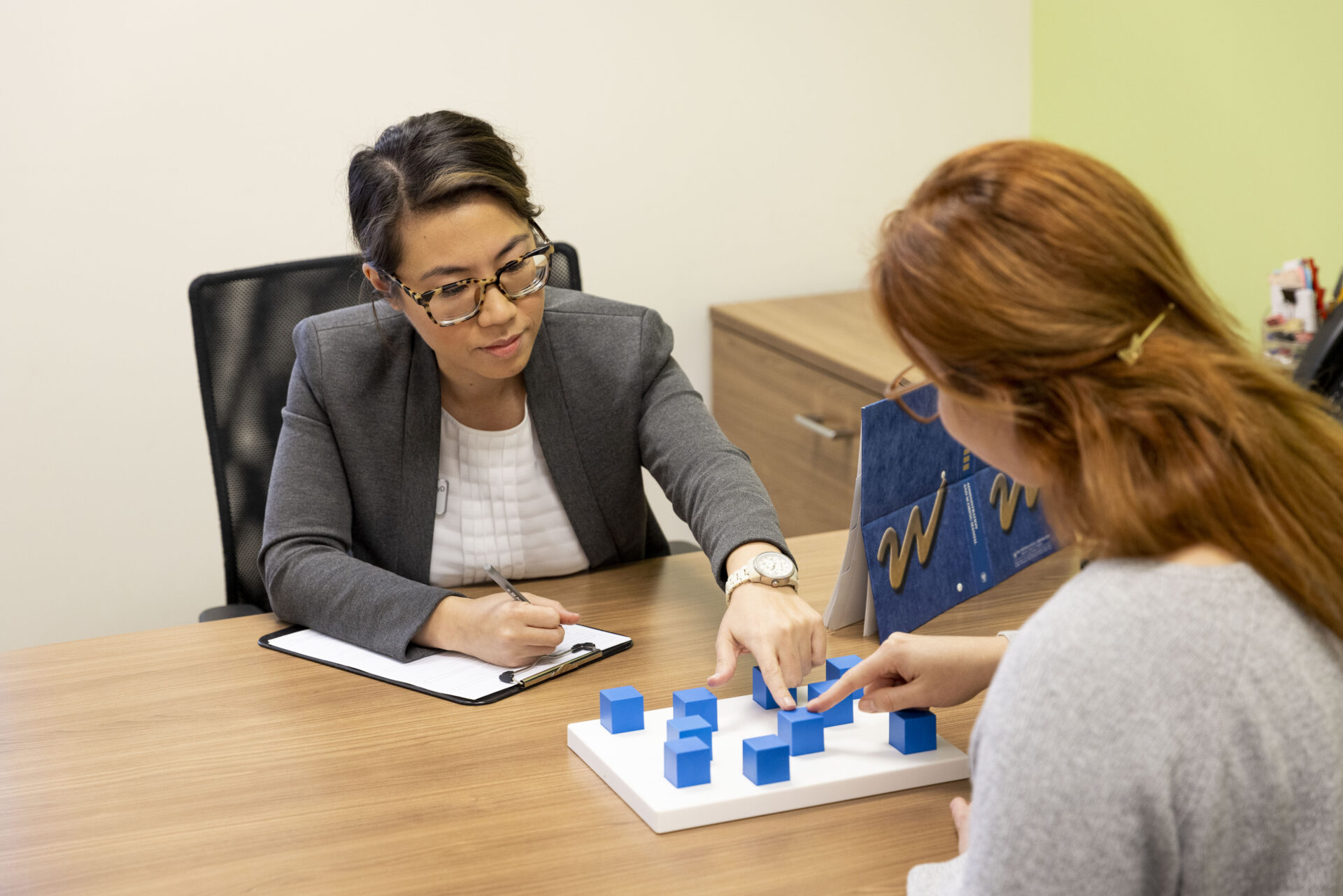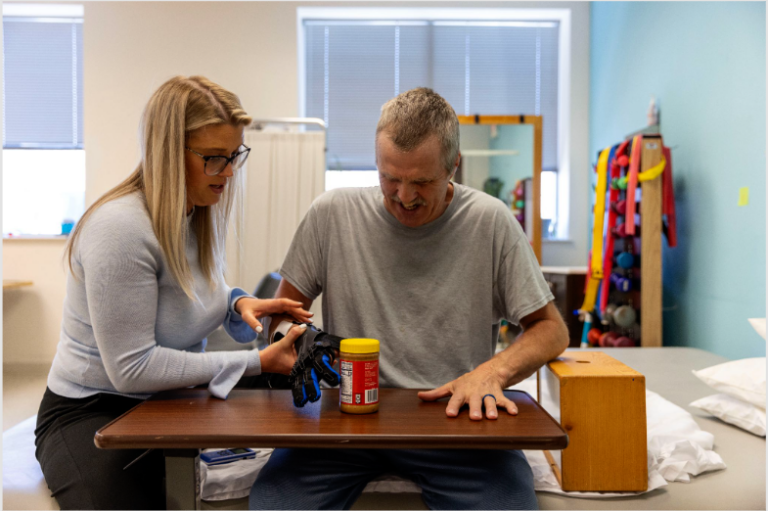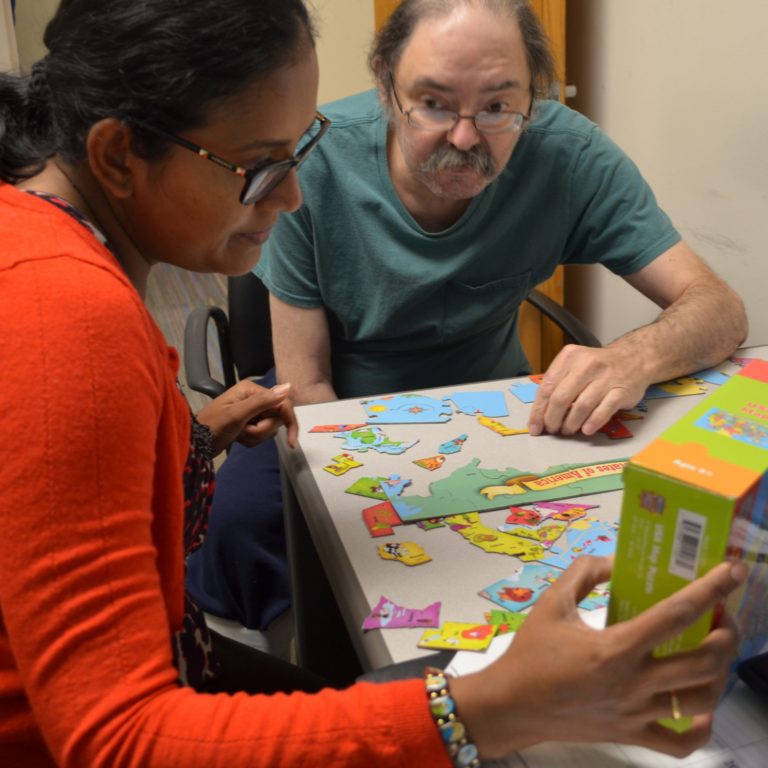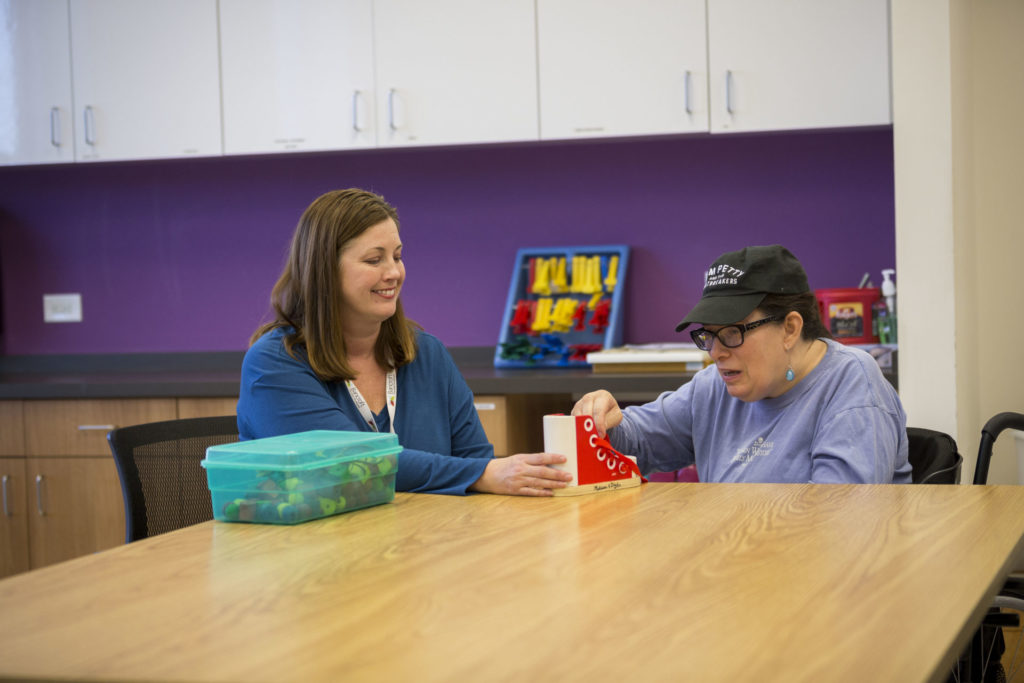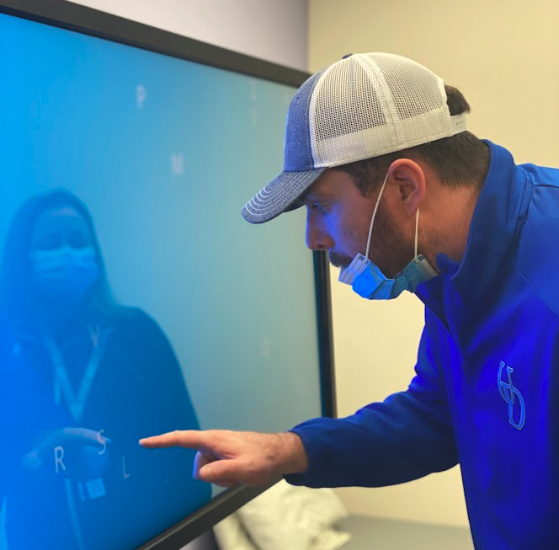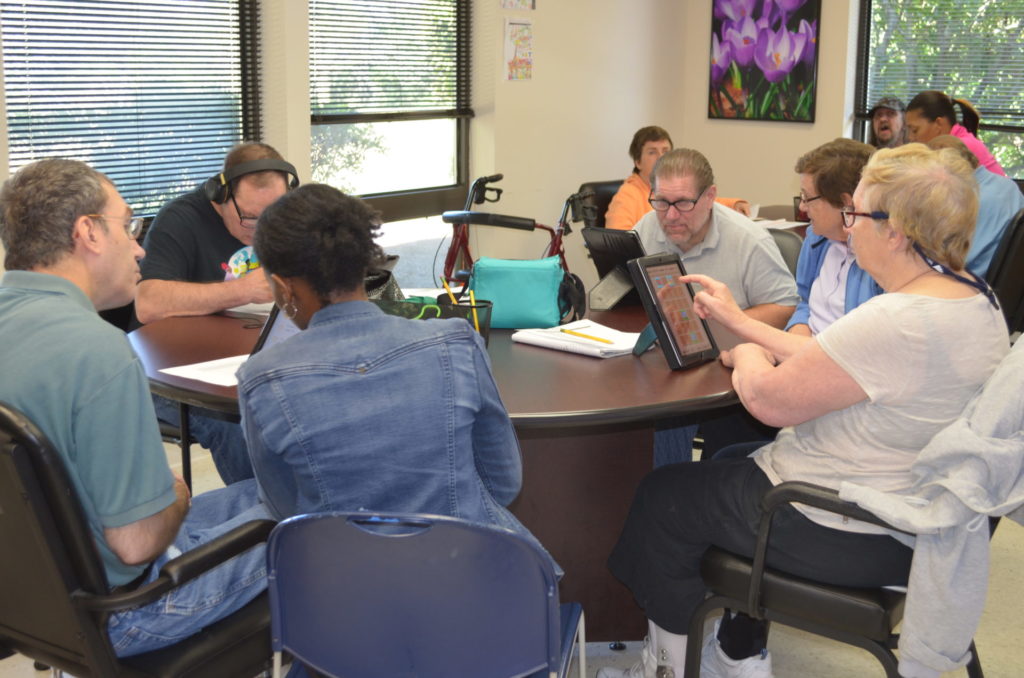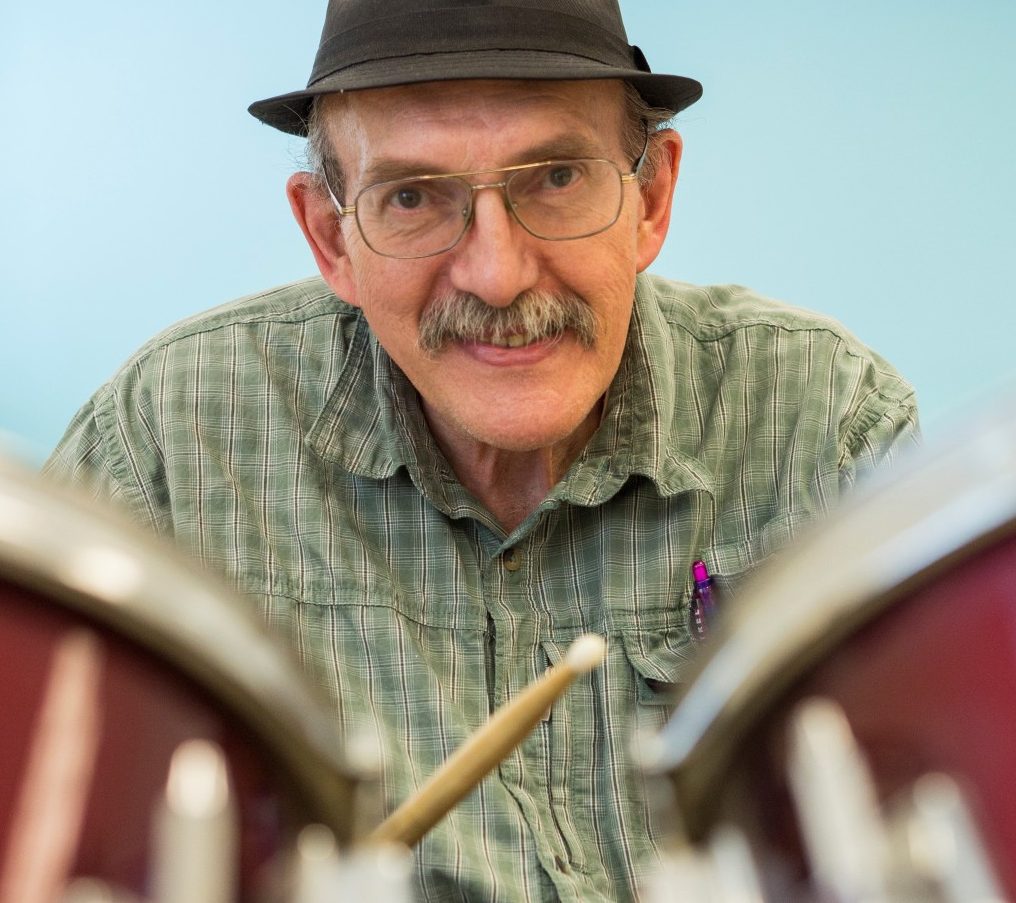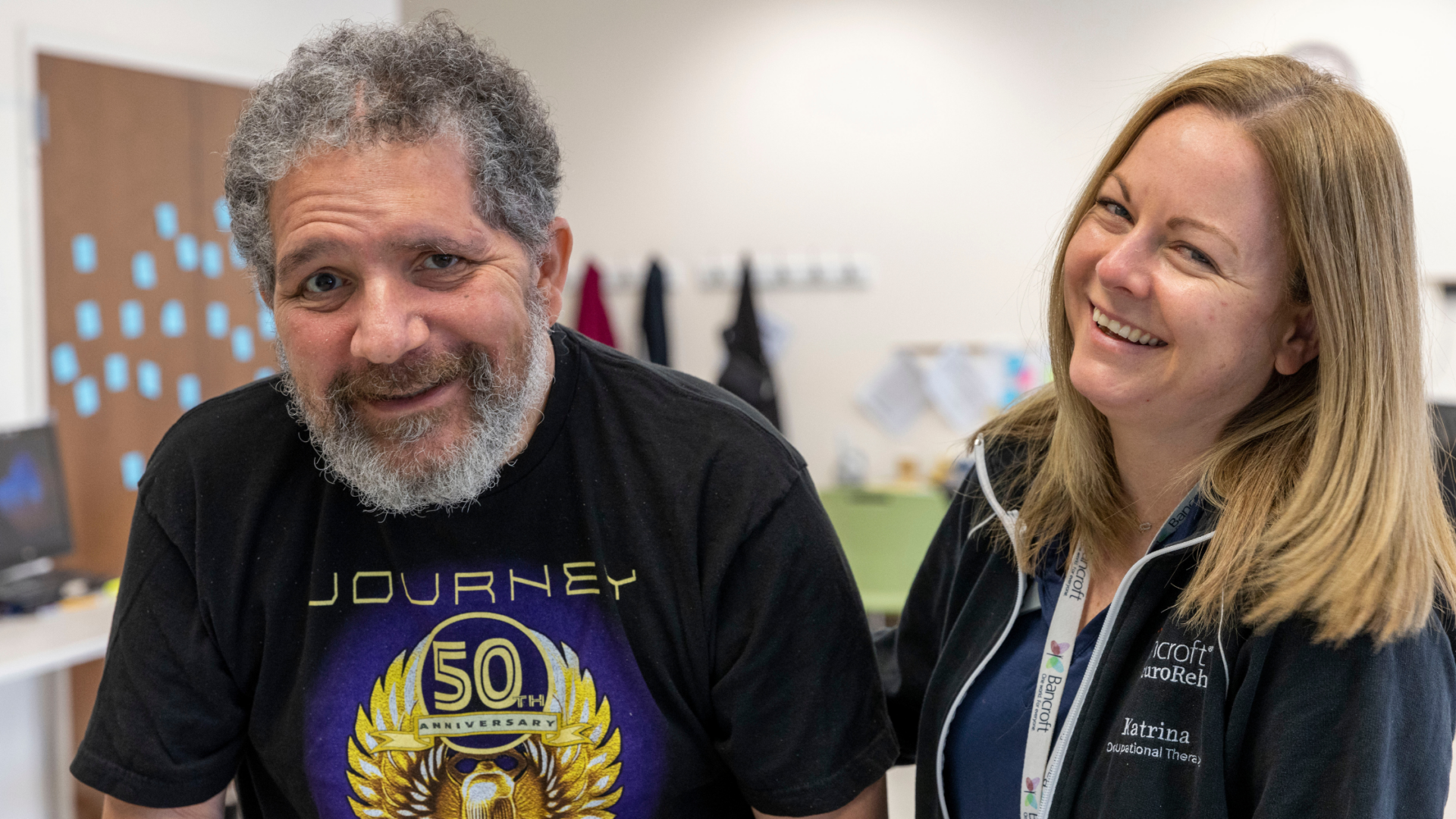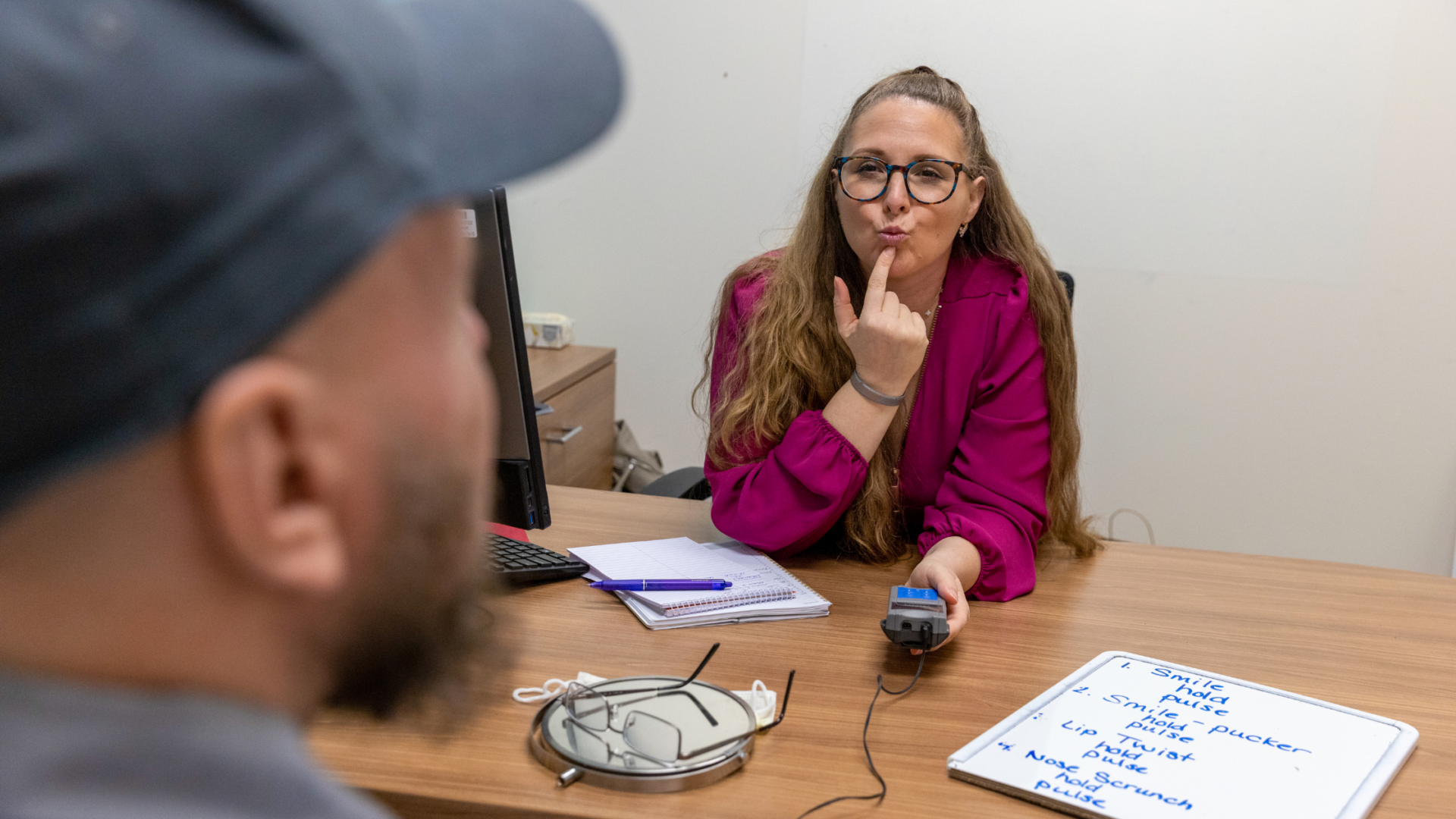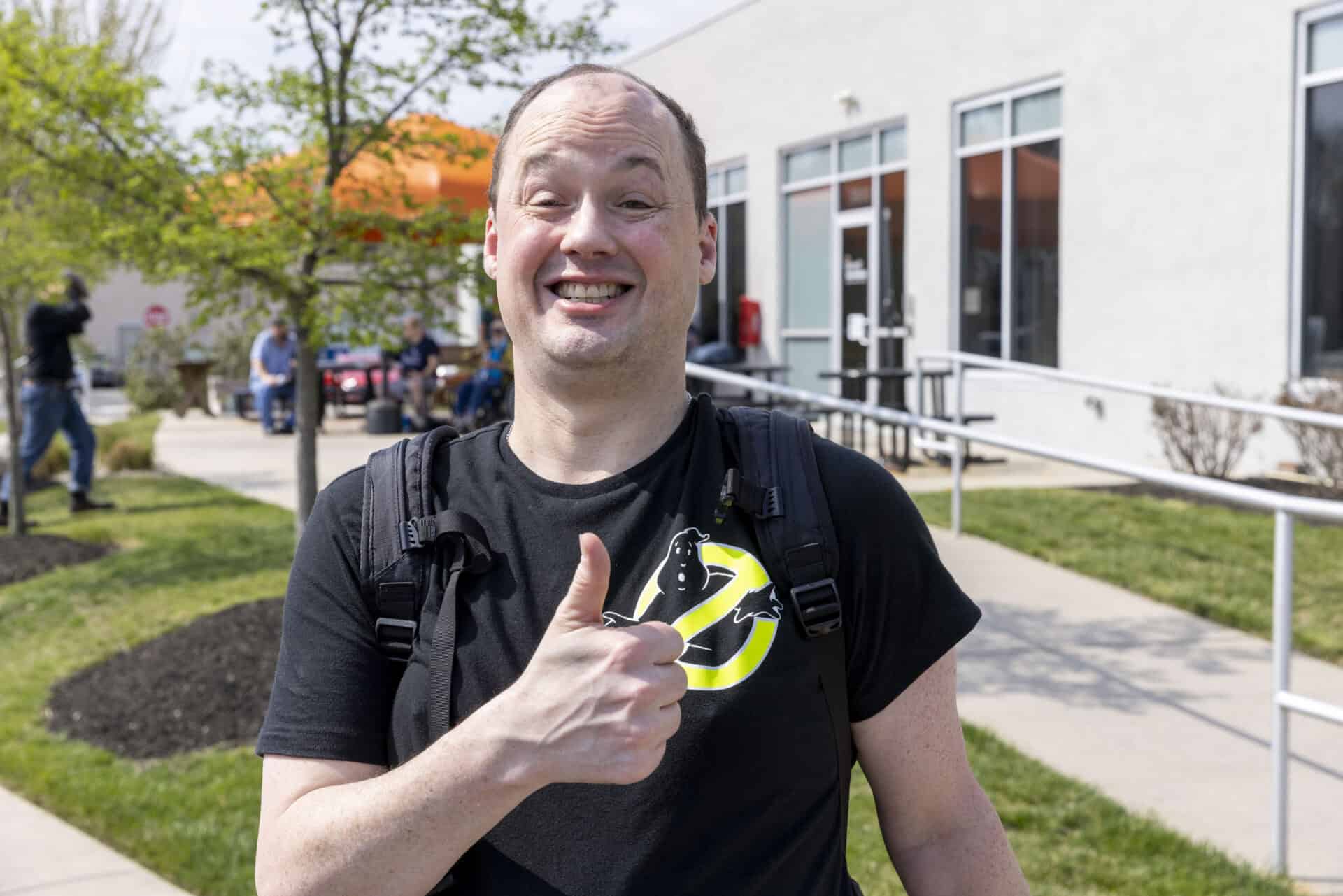Brain injuries can look much different in adults over 65. A local neuropsychologist discusses what to look for – and when to seek help.
|
|
Contributors:D
r. Karen Lindgren, Ph.D., Chief Clinical Officer at Bancroft NeuroRehab
Dr. Carolyn Tassini, PT, DPT, NCS, CBIST, Rehabilitation Supervisor at Bancroft NeuroRehab
Anyone with an aging loved one likely knows the feeling: Wondering when and how you’ll recognize if your loved one needs help, when the time comes.
But sometimes, the biggest concerns are often the silent ones. One of the most common causes of concern among older adults is traumatic brain injury – responsible for more than 80,000 emergency room visits each year among people over 65. While we often think of brain injury as a sudden, severe jolt to the head with obvious, immediate symptoms, brain injuries can take a much different shape in older adults. Think of it as a “silent” brain injury. This is of special concern for those over 65, a population already at higher risk for falls – a leading cause of traumatic brain injuries. There is also an increased risk at this age due to age-related brain shrinkage, which creates more space between the brain and the skull, allowing blood to accumulate for a longer period of time before symptoms are noticeable. In these cases, it may take several days to weeks to notice the effects of that seemingly minor bump on the head. But those symptoms, if left untreated, can lead to difficulty with moving, thinking, with potential lifelong consequences.
Knowing what to look for is key, as is maintaining open communication with your loved one about their health.
Some signs of a problem may be more obvious than others: disorientation or confusion, persistent drowsiness and headaches, for example. The appearance of memory loss, balance or confusion, especially, are cause for concern – and if these symptoms seem to begin suddenly, you should immediately consult a physician.
Others are more subtle, and can just as easily be chalked up to a symptom of aging. At Bancroft NeuroRehab, a leading provider of rehabilitation for individuals with brain injuries and other neurological conditions, we see clients every day who experience some of the following symptoms. But it’s important to seek medical attention to differentiate normal aging from a potential problem.
- Changes in Balance or Walking: Tripping, catching balance on furniture, holding or leaning onto walls, or falling down.
- Weakness or Changes in Strength: Difficulty climbing stairs, getting out of a chair, lifting and carrying things, or with fine-motor skills like opening jar lids. You may notice weakness in one arm or leg more than the other.
- Changes in Coordination: Dropping things or decreased coordination.
- Dizziness: This may be a sign of vascular issues, but dizziness can have many other causes. Consult a doctor if dizziness occurs with other issues such as change in strength, sensation, or vision.
- Changes in Ability to Swallow: Increased coughing or choking on different fluids or foods.
- Changes in Thinking: Your loved one may seem more more confused or forgetful, disoriented or lost. They may need more help to organize or remember to take their medications, and you may notice difficulting focusing on a conversation or completing a task.
- Self Care: Trouble getting dressed; for example, or initiating or following hygiene routines.
If you suspect these issues are persisting even after medical care is given, you should seek a neuropsychological evaluation or a physical therapy evaluation. Remember: Communication is key. Older individuals may be sensitive to your questions, perceiving them as a risk to independence. Reassure them that your questions are based in love and caring – and are aimed at preserving their independence, rather than threaten it.
The physical and occupational therapists and speech language pathologists at Bancroft NeuroRehab specialize in the rehabilitation of individuals with neurological disorders. If you’ve noticed or are concerned about these symptoms in someone you know, Bancroft NeuroRehab can help. Call 844.234.8387 to find the right expert.



